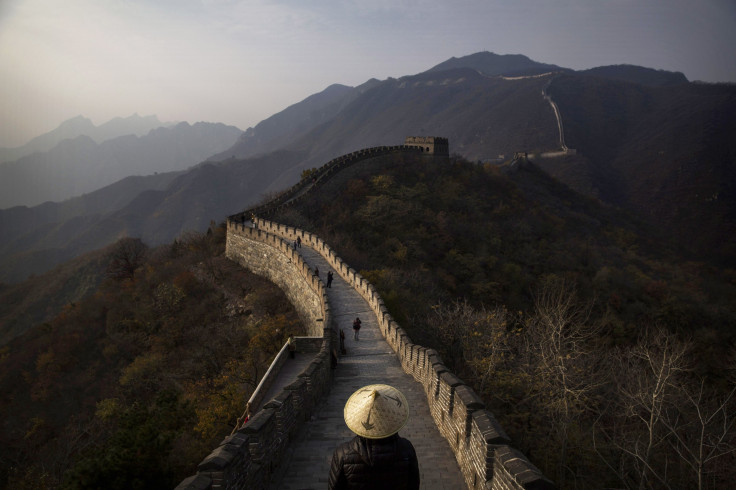China 'Upgrades' Great Firewall Disrupting VPN Services In Latest Cyberspace Security Move

China is making good on its announcement to step up its cyberspace security with a nationwide overhaul of tech devices and Internet control. The country announced that it has “upgraded” its notoriously strict Internet censorship mechanism, the Great Firewall, which reportedly has begun causing disruptions with virtual private network (VPN) services in the country.
VPN services are often used by foreigners and Chinese to skirt Chinese censorship and gain access to sites that have been blocked by the government, like Facebook, Twitter and YouTube. State-run news source Global Times said the recent upgrade is to ensure “cyberspace sovereignty” and that VPNs were targeted because they affect the government’s ability to govern its network.
“Authorities apparently cannot ignore those services as they affect our cyberspace sovereignty,” Qin An, a cybersecurity expert at the China Institute for Innovation and Development Strategy, said in the report. “For instance, a shortcut has to be blocked since it could be used for some ulterior purposes although it might affect others who use it in a right way.”
Just a day before, the country also announced it will adopt a new security vetting process this year that all foreign technology must pass before the product can be sold in the country. The announcement on Wednesday in Beijing by the deputy director of the Cyberspace Administration of China, Peng Bo, will have major implications for foreign tech companies hoping to get a piece of the lucrative Chinese consumer market.
The new screening process follows an announcement last May by state media that said all foreign products and services would be banned for use in the country until they are deemed “safe and controllable” by the government. Criteria for the new review process remain unclear but will include new laws and regulation standards as well as an additional government agency to facilitate and oversee the operation.
However, companies like Apple Inc., which counts China as its biggest market, has already expressed willingness to cooperate with whatever the new review process might entail. According to Chinese newspaper Beijing News, Apple CEO Tim Cook met with Lu Wei, the director of China’s State Internet Information Office, last December during a trip to the U.S. where he discussed the tech giant’s readiness to cooperate with authorities while also denying past allegations of allowing third-party access.
China’s crackdown on foreign software and hardware comes after national security concerns after Edward Snowden, the information security analyst who leaked classified documents to the press, claimed that U.S. intelligence authorities were able to hack into the computers of Beijing’s Tsinghua University, one of the country’s top research centers.
The rollout of the new process and the upgraded firewall is presumably part of a larger cyber technology overhaul the Chinese government is planning over the next six months to battle Internet extortion. The campaign will target news portals, Internet companies and even the country’s own Internet regulators.
© Copyright IBTimes 2024. All rights reserved.





















